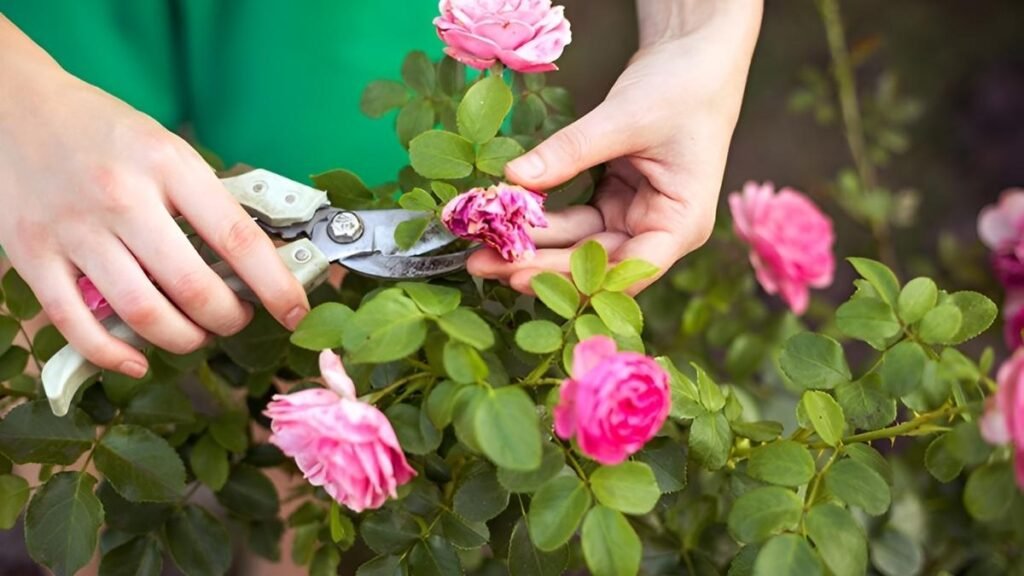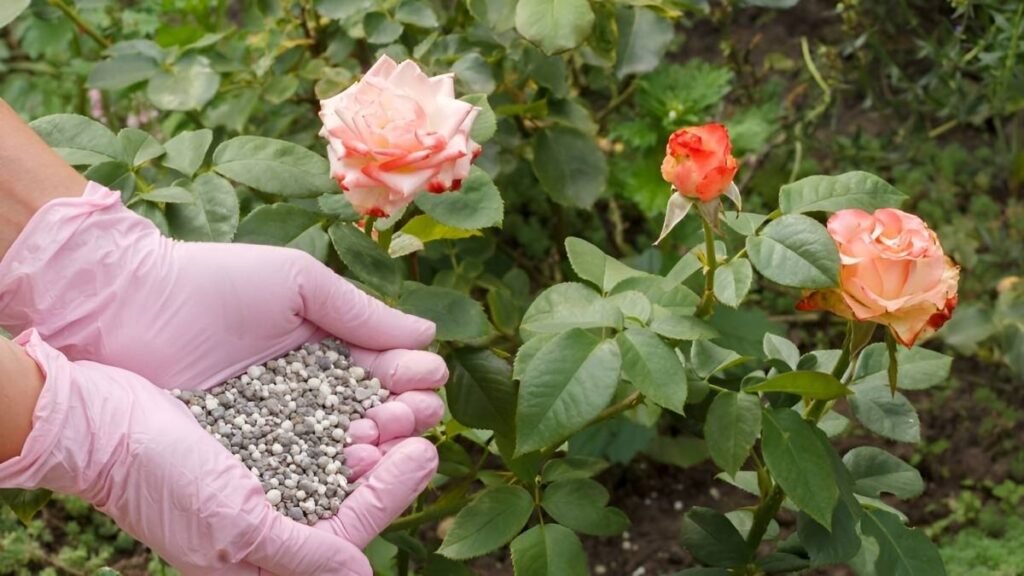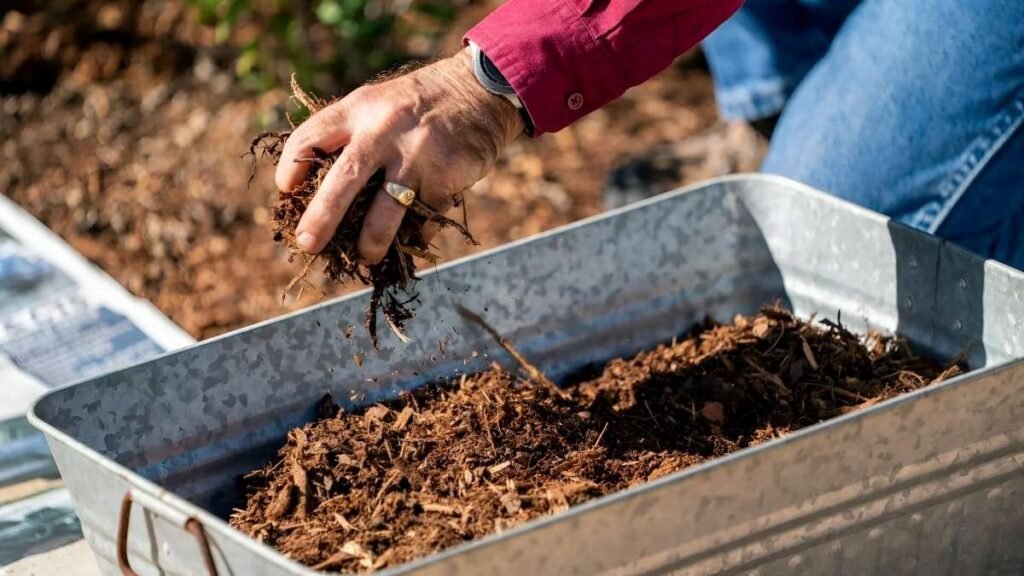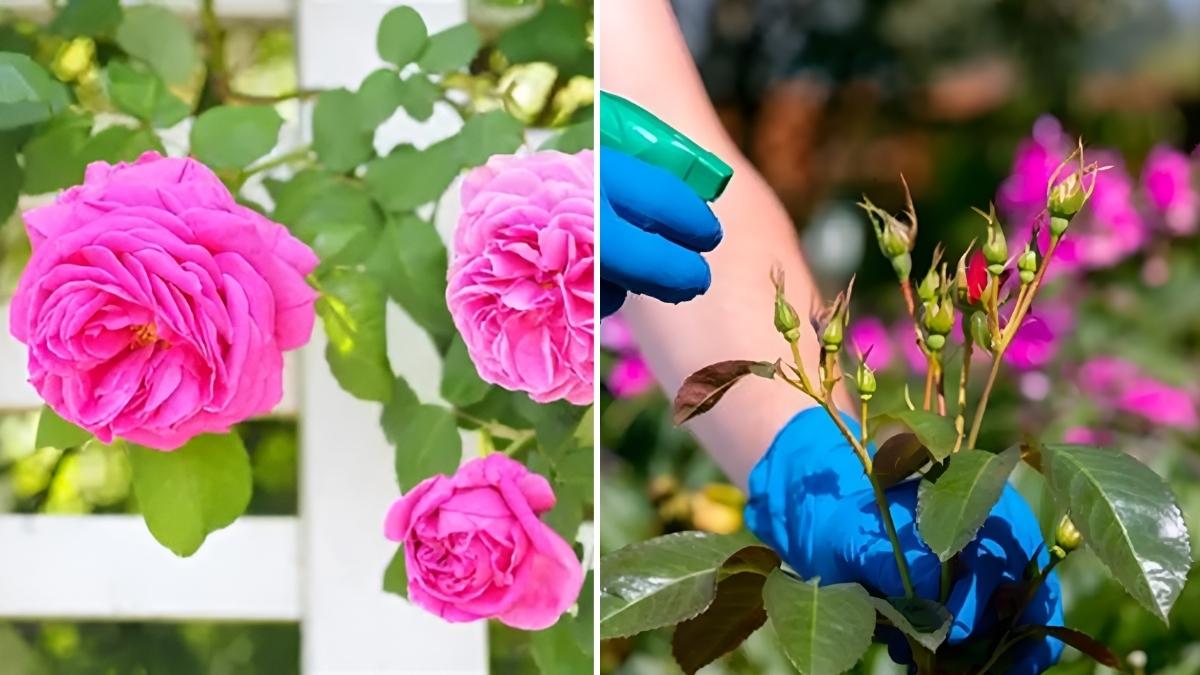Roses are among the most beautiful and cherished flowers in the world. However, to keep them thriving and blooming throughout the year, they require attention and proper care in every season. Whether you’re a beginner or an experienced gardener, here are seven simple and effective tips to ensure your roses flourish through each season.
Prune Roses Regularly

Pruning is one of the most important steps in rose care. Regularly trimming your roses helps maintain their shape, encourages new growth, and removes dead or diseased wood. The best time to prune your roses is in early spring, just before new growth begins. However, light pruning can be done throughout the year to remove spent flowers and prevent the plant from becoming overcrowded. Always use sharp, clean tools to avoid damaging the plant or transferring disease.
Watering Techniques Matter
Watering is essential for healthy roses, but it’s equally important to get the technique right. Roses need deep watering to encourage strong root development, especially during dry spells. Water them early in the morning or late in the evening to prevent the risk of fungal infections, as watering during the heat of the day can leave the foliage too wet. Be mindful not to overwater, as this can lead to root rot. Aim for the soil to remain moist but not soggy.
Feed Your Roses Properly

Roses are heavy feeders, meaning they require a lot of nutrients to produce the stunning blooms they’re known for. A balanced fertilizer rich in nitrogen, phosphorus, and potassium should be applied at least once a month during the growing season. It’s especially important to fertilize roses in early spring, just before they begin to bloom, and again after the first flush of flowers has faded. Organic compost or slow-release fertilizers can also provide steady nutrition over time.
Mulch to Retain Moisture and Prevent Weeds

Mulching around your roses offers numerous benefits. It helps retain moisture in the soil, regulates temperature, and suppresses weed growth. Apply a 2–3 inch layer of organic mulch, such as wood chips, bark, or shredded leaves, around the base of the plant. Be careful not to pile the mulch too close to the stem, as this can encourage rot. Mulching is especially beneficial during the hotter months when roses are most susceptible to dehydration.
Ensure Proper Sunlight

Roses thrive in full sunlight, typically needing about 6 hours of direct sunlight each day to produce healthy blooms. When planting new roses, choose a spot that receives plenty of sunlight and provides good air circulation. If your roses are growing in a shaded area, they may become leggy and produce fewer flowers. During the colder months, sunlight is still essential, so make sure they’re not shaded by winter debris or nearby plants.
Watch for Pests and Diseases
Roses can be prone to pests and diseases if not properly maintained. Aphids, spider mites, and rose beetles are common culprits that can damage your plants. To prevent infestations, regularly inspect your roses and remove any visible pests by hand. You can also use natural insecticides like neem oil or insecticidal soap. Additionally, keep an eye out for fungal diseases such as black spot or powdery mildew. If you notice symptoms, remove the affected leaves and apply a fungicide treatment to protect the remaining foliage.
Winter Care for Roses

Winter can be particularly challenging for roses, especially in regions with harsh climates. To protect your roses from freezing temperatures, it’s important to prepare them for the winter months. Start by cutting back any dead or damaged growth in late fall. Then, mound soil or compost around the base of the plant to insulate the roots. In particularly cold areas, consider wrapping the rose bush in burlap or using a rose cone to provide additional protection from the elements. Be sure to remove any coverings once the danger of frost has passed in spring.
Conclusion
Caring for roses is a rewarding yet ongoing task that requires attention to detail throughout the year. By pruning regularly, watering properly, feeding consistently, mulching, ensuring adequate sunlight, protecting against pests, and preparing for winter, your roses will continue to grow strong and bloom beautifully with minimal effort. With these simple tips, you can enjoy healthy, vibrant roses in every season.




